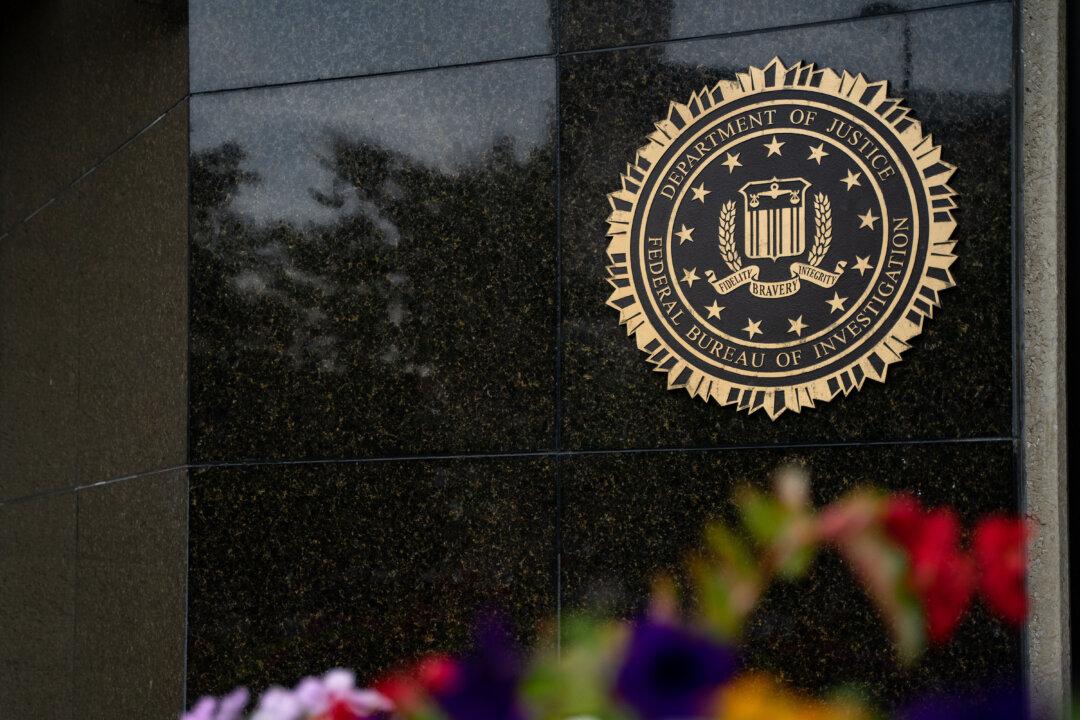Commentary
A couple of weeks before the completion of the catastrophe of the American presence in Afghanistan—or, if you believe President Joe Biden, the “extraordinary success” of the American evacuation—a Russo-British comedian named Konstantin Kisin published a brilliantly funny thread on Twitter headed: “You’re struggling to understand why some people are vaccine hesitant. Let me help you.”





